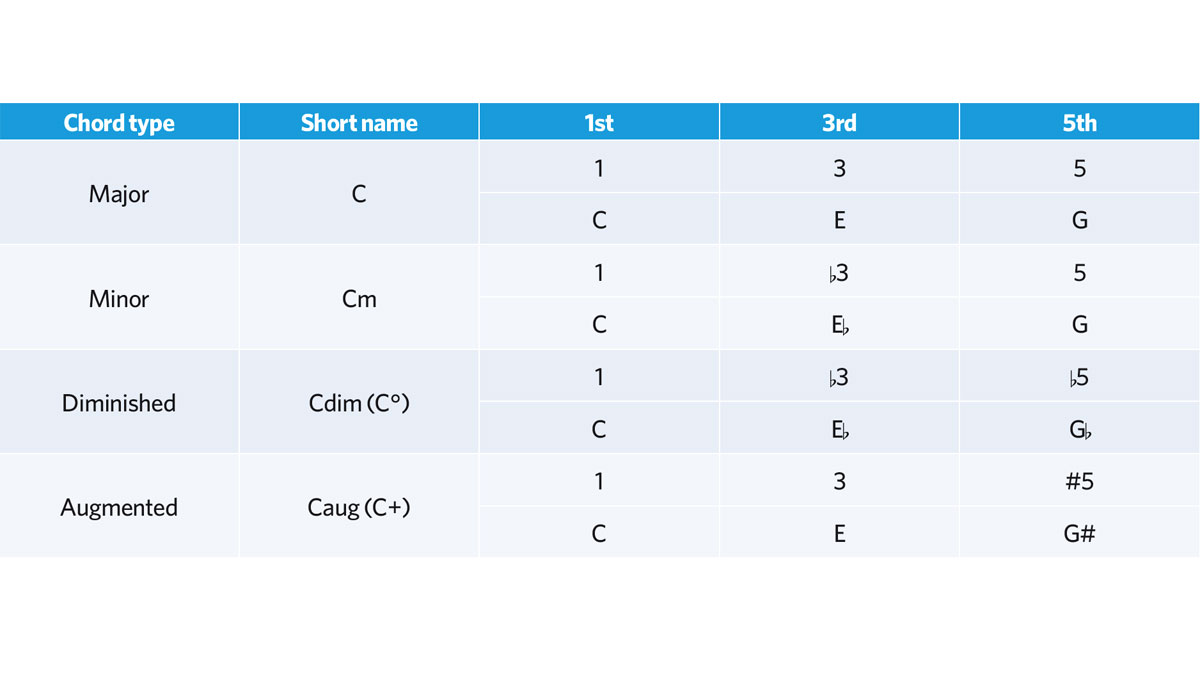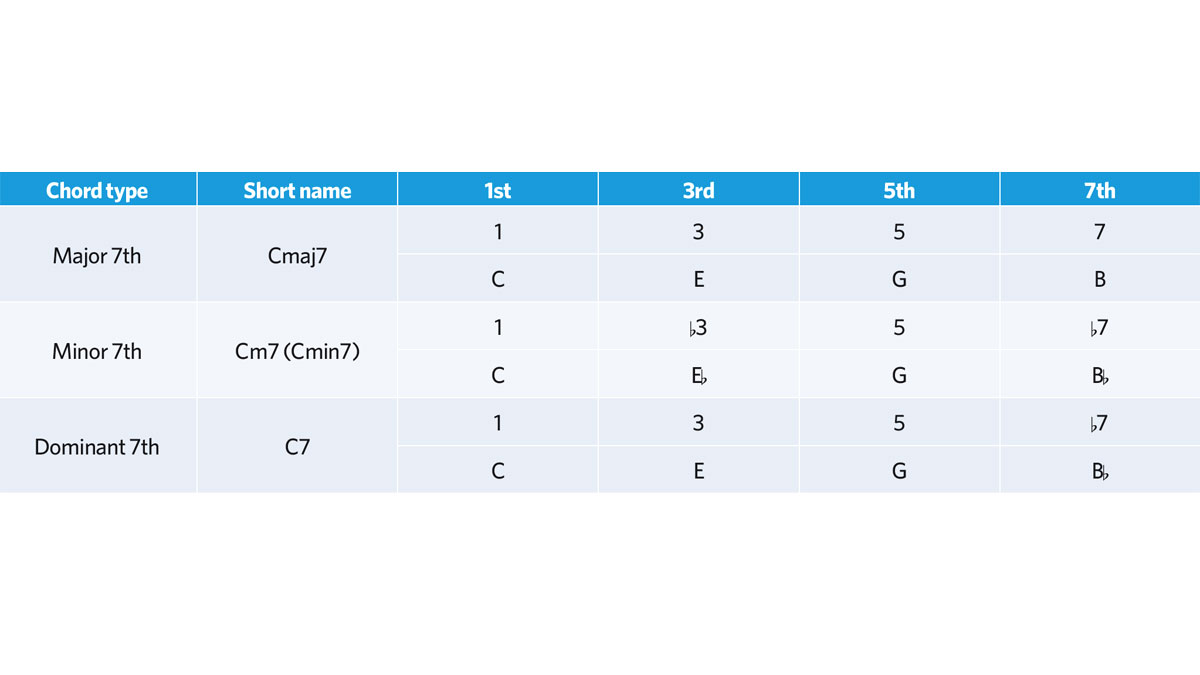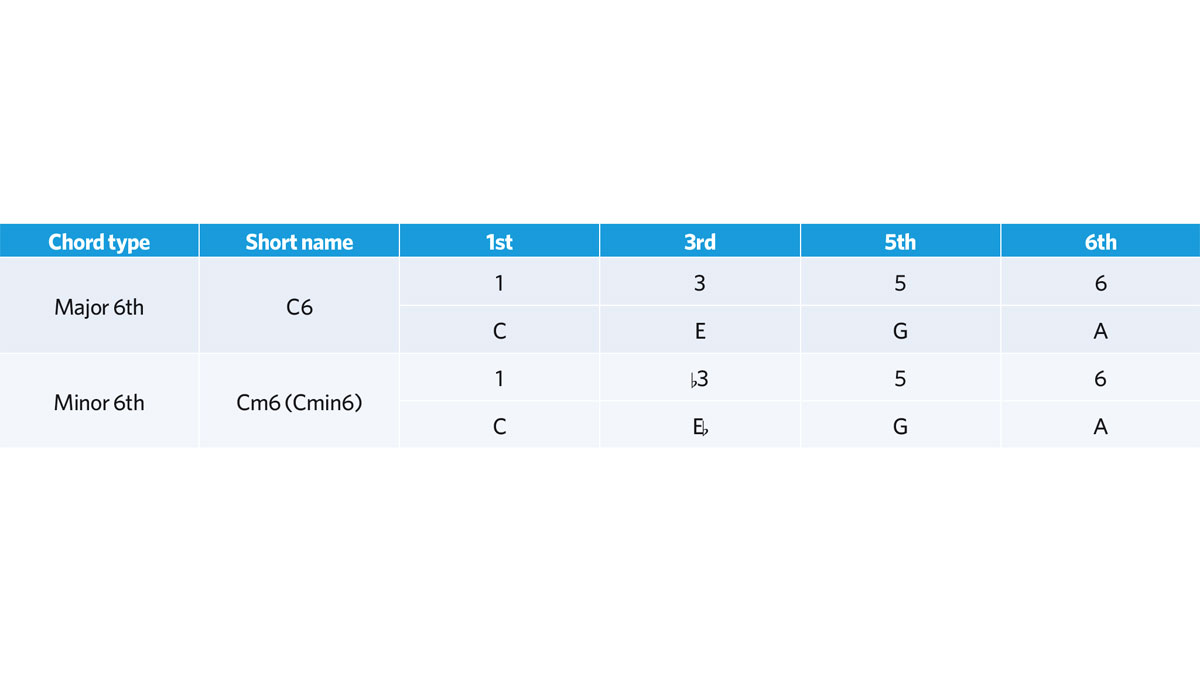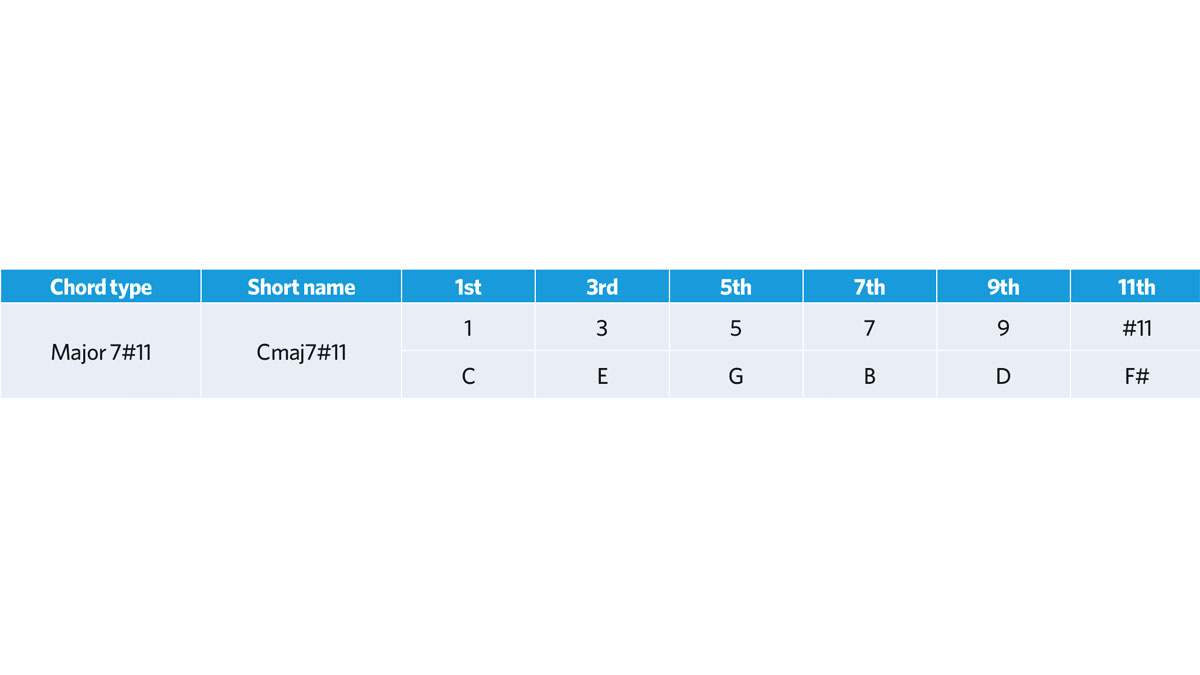30-day guitar challenge, day 15: Understanding chord names
Removing the mystery of chords

Introduction
30-day guitar challenge: Chord names can sometimes look incredibly complex. Learn a few simple rules and concepts to demystify this dark art of music.
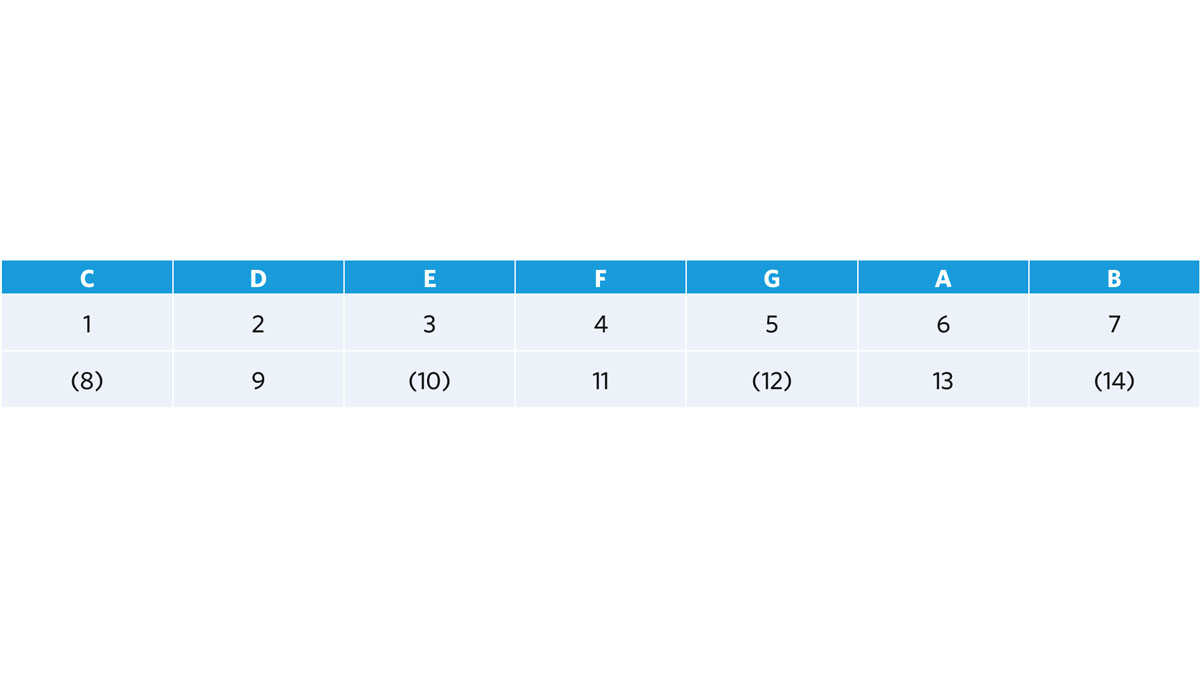
Scale intervals
The best way to understand chord naming is to compare the notes in each chord to the notes in the major scale.
Chords that use lots of notes reference major scale notes an octave higher. These ‘octave up’ intervals are known as compound intervals. These are the notes, and numbered intervals in the key of C major.
Total Guitar is Europe's best-selling guitar magazine.
Every month we feature interviews with the biggest names and hottest new acts in guitar land, plus Guest Lessons from the stars.
Finally, our Rocked & Rated section is the place to go for reviews, round-ups and help setting up your guitars and gear.
Subscribe: http://bit.ly/totalguitar
